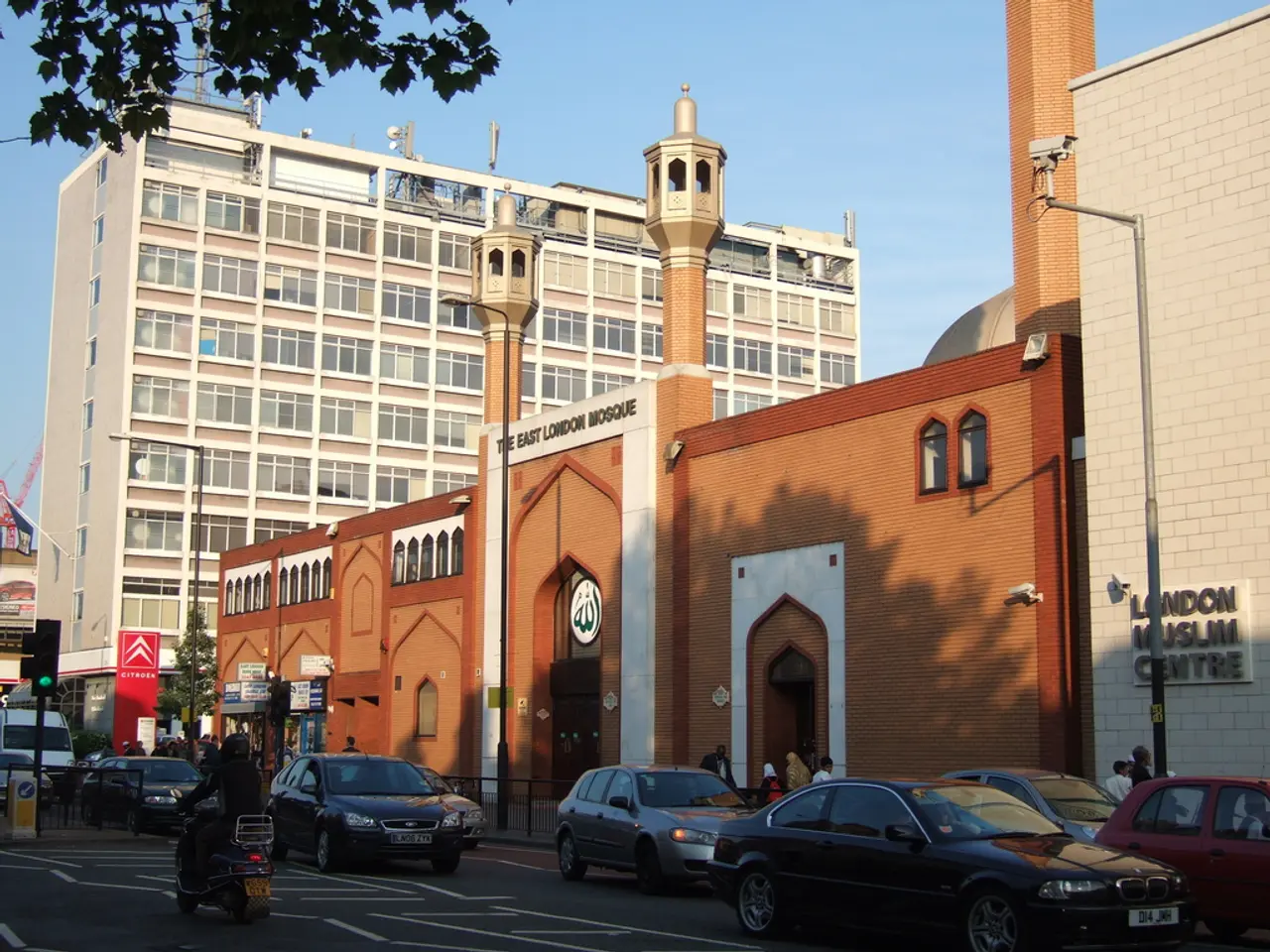In Russia, opposition to the proposed ban on house churches isn't limited to evangelicals alone.
In Russia, there is currently no documented evidence of a specific bill under debate that aims to ban religious activities conducted in private homes or residential blocks, as of mid-2025. However, a controversial proposal has been put forth, sparking concerns from various religious denominations.
The bill, received by the Duma, Russia's national parliament, in October 2024, was submitted by the New People party. According to the bill's logic, religious activities outside official places of worship could lead to public disorder, increased risk of crime, and inconvenience to residents. If passed as a law, the ban would apply to any spiritual gatherings in buildings not approved as places of worship, including house churches or informal religious gatherings.
The proposed legislation has garnered attention from several religious denominations, with many expressing their intention to be part of the dialogue around the parliamentary initiative. The Adventist Church in Russia is "categorically against" the bill, stating it violates the constitution's right to freedom of conscience. The Russian Orthodox Church, which rarely speaks out against parliamentary initiatives supported by Vladimir Putin, has also contested the bill, citing concerns about the potential closure of house churches and the banning of religious rites.
The Roman Catholic Church in Russia has expressed concerns about the bill banning religious activities in homes and residential blocks. Vitaly Vlasenko, the general secretary of the Russian Evangelical Alliance (REA), expressed concern that the bill may be a hidden form of restriction on religious freedom for Russian Protestants. He hopes the bill is not a case of restricting religious freedom, as he and other religious leaders call for laws that do not bring more conflict and for joint work to find reasonable solutions protecting the rights of believers.
The head of the Moscow Patriarchate's legal department has stated that the bill could lead to the closure of Orthodox house churches and the banning of sacraments performed in residential premises. Oleg Goncharov, an Adventist representative, expressed concern that the bill would worsen the situation, creating ground for social and interfaith conflicts.
The Duma parliamentary committee will start looking at the details of the bill in the first days of January 2025. The debate on this controversial proposal is expected to be a significant talking point in the upcoming parliamentary session.
It is important to note that the focus of recent Russian lawmaking targeting religious activities appears to be mainly on suppressing and banning extremist-designated groups or ideologies publicly, rather than imposing blanket bans on home-based religious practices. The restrictive bills reported emphasize extremist content online and outlawing certain ideologies or groups labeled extremist by authorities, without mention of residential ban proposals.
[1] Supreme Court ruling banning an alleged “International Movement of Satanists” as an extremist organization (2025) [2] News article on the Supreme Court ruling (Source) [3] General legislative trends in Russia toward cracking down on what is deemed "extremist" online content and activities (Source) [4] Religious bans or controversies in Ukraine concerning the Russian-linked Orthodox Church (Source) [5] News article on the legislative trends in Russia (Source)
- The proposed policy-and-legislation, submitted by the New People party and named the ban on religious activities outside official places of worship, has sparked concerns within the general-news sphere due to its potential impact on various religious denominations in Russia.
- The ongoing politics surrounding the bill, if passed as a law, would impose restrictions on spiritual gatherings in buildings not approved as places of worship, including house churches or informal religious gatherings, causing debates and concerns about the freedom of conscience and religious practices in private homes or residential blocks.








